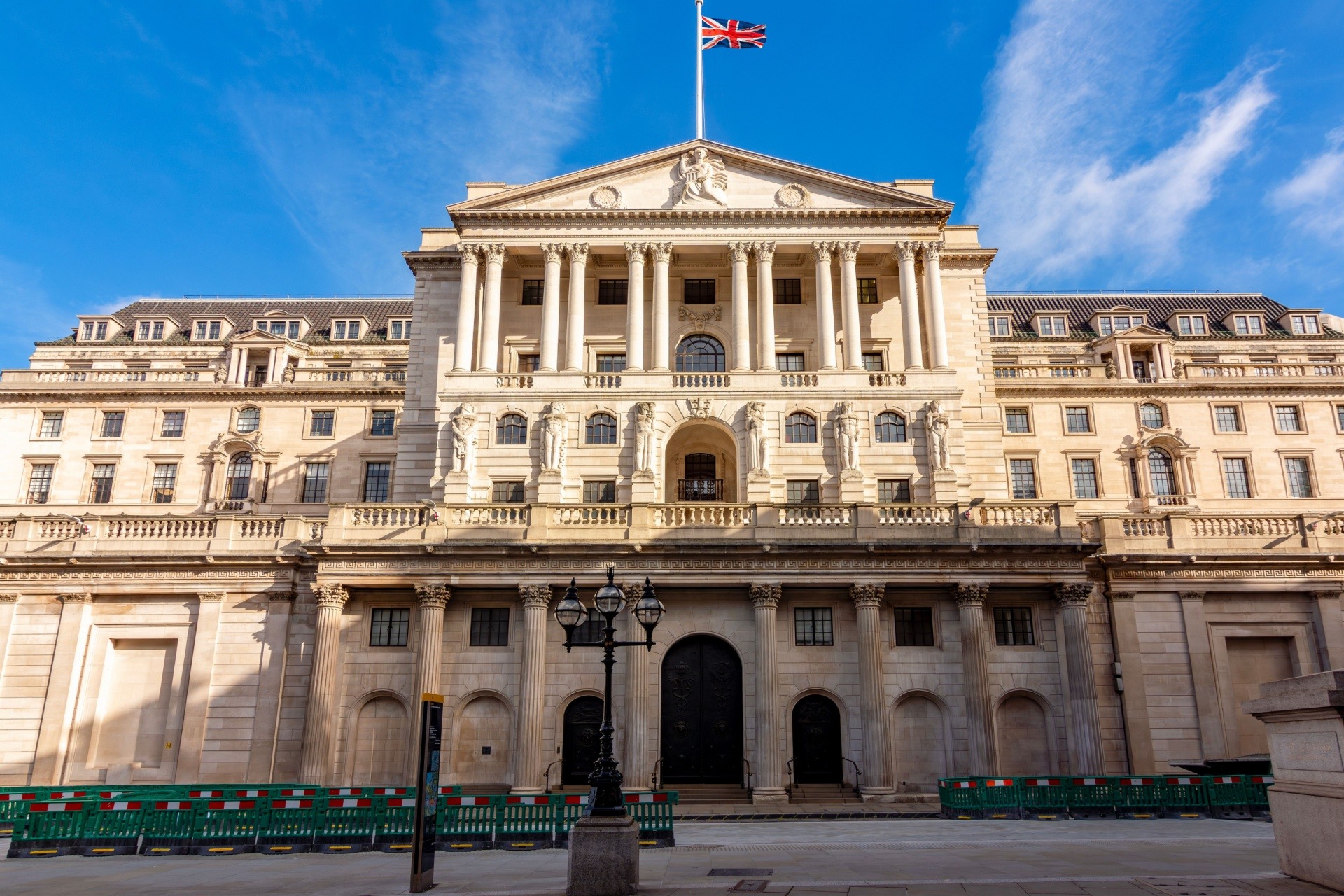Weekly Briefing: Push for Stamp Duty Reform, Business Concerns over Tax Hikes, US Job Growth Surges, & German Economy Sees Second Year of Contraction.
In this week’s briefing, we cover the bank's push for a stamp duty reform, widespread business concerns over potential tax hikes, US job growth surging above expectations and the largest European economy facing a second consecutive year of contraction.
Banks Push for Stamp Duty Reform Ahead of Autumn Budget
- In light of rising property costs and potential tax burdens, banks are calling for urgent Stamp Duty reform in the upcoming Autumn Budget to protect first-time buyers.
- Currently, the first-time buyer Stamp Duty threshold stands at £425,000, which has facilitated many new buyers in entering the housing market; however, plans to reduce this threshold in 2025 threaten to create serious obstacles to home ownership.
- If the threshold is lowered, it may restrict access for first-time buyers, exacerbating existing challenges in the housing market. As such, UK Finance has been advocating for the government to maintain the current threshold to safeguard aspiring homeowners.
- To further enhance the responsiveness of property taxes to economic fluctuations, UK Finance is also suggesting that Stamp Duty bands be reviewed on an annual basis, allowing for adjustments that reflect real-time market conditions.
- David Postings, CEO of UK Finance, emphasises the importance of a stable and predictable tax environment, stating, “The new Government has been clear that it is focused on delivering sustained economic growth, and financial services are vital in achieving that goal.”
- Tax expert Stevie Heafford further underscored the urgency of this situation, asserting, “We urge the chancellor to prioritise Stamp Duty in the next budget. If Labour is hoping to create a better property market, then it needs to prioritise support for first-time buyers and home buyers alike,”
UK Businesses Express Concerns Over Potential Tax Hikes
- A recent survey by Savanta reveals that one in seven UK business leaders is contemplating relocating their operations abroad, driven by some anxieties over anticipated tax increases in the forthcoming Budget.
- This alarming sentiment stems from expectations of tax hikes on capital gains, wealth, and property, which many believe could hinder business growth and investment potential.
- Consequently, this environment of uncertainty has fostered a climate where business leaders express more pessimism than optimism regarding the new Labour government’s economic policies, with 46% voicing concerns about future impacts, as noted in the Savanta poll of 1,000 corporate decision-makers.
- These negative sentiments highlight the mounting pressure on Chancellor Rachel Reeves to balance the imperative of restoring public finances while simultaneously encouraging economic growth and stability.
- Chris Hopkins from Savanta encapsulated these worries, stating, “There is clearly a real concern among UK business leaders about the autumn budget and what it will mean for them and their companies,” which underscores that the expectation of being “hit hard” is prompting many businesses and business owners to reconsider their tax strategies.
US Job Growth Surges, Defying Economic Fears
- Contrary to widespread predictions of a labour market slowdown, American employers unexpectedly created 254,000 jobs in September, according to the latest report from the Bureau of Labor Statistics, demonstrating resilience amid economic uncertainties.
- This remarkable surge in hiring follows a string of steady job growth, illustrating that the US labour market remains robust, even in the face of significant challenges.
- As a result of this unexpected uptick, the unemployment rate decreased to 4.1%, signalling that economic activity continues to thrive despite concerns over inflation and rising living costs.
- The impressive job figures are even more notable considering potential disruptions from strikes and natural disasters that could impact broader economic dynamics.
- With the presidential election on the horizon, economic conditions remain a central concern for voters, even as inflation rates show signs of decline from their previous peaks.
- Samuel Tombs, chief US economist at Pantheon Macroeconomics, expresses caution regarding the sustainability of these job numbers, stating, “September’s spike in payrolls goes against the grain of a wide range of indicators pointing to a continued pullback in hiring,” underscoring the complexity of the current labour market landscape.
German Economy Faces Second Year of Contraction
- Germany’s economy is projected to shrink by 0.2% this year, as reported by the Sueddeutsche newspaper, marking its second consecutive year of contraction and a sharp deviation from earlier predictions of modest growth.
- This downturn can be attributed to a combination of factors, including an industrial slowdown, dwindling export demand, and surging energy prices exacerbated by the ongoing conflict in Ukraine.
- Consequently, hopes for a robust recovery driven by easing inflation and the European Central Bank's interest rate cuts have become increasingly elusive, leaving the economy in a vulnerable state.
- Domestic demand has also been notably weak, with consumers exhibiting a general reluctance to spend, which compounds the challenges facing economic growth.
- Structural issues, such as heightened competition from China, a persistent skilled worker shortage, and a complicated transition to greener energy sources, further complicate the situation for the German economy.
- Nevertheless, the government maintains a cautiously optimistic outlook for 2025 and beyond, with Economy Minister Robert Habeck emphasising that “the German economy can grow significantly stronger in the next two years if the measures are fully implemented,” as they plan for a “growth initiative” designed to stimulate the economy through tax relief and workforce incentives.
Final Note
This week's briefing highlighted a mix of economic challenges and opportunities across various countries around the globe.
Looking abroad, concerns over Germany's ongoing contraction are raising awards about structural hurdles and domestic demand. In contrast, the robust job growth in the US defying expectations signalled resilience.
The push for stamp duty reform in the UK underscores the current difficult nature of home ownership, while concerns over potential tax hikes are causing challenges for businesses and investors alike. Over the coming months, preparing business strategies and investment plans for a seemingly inevitable tax hike will be paramount.
At GCV, we remain committed to providing the latest insights into the investment and wider economic landscape in order to support investors in making well-informed decisions when choosing where to allocate their capital.
If you would like to find out more about a number of tax-efficient investment strategies available to UK investors, discover our range of downloadable resources here.
%20(3)%20(2).jpg)








